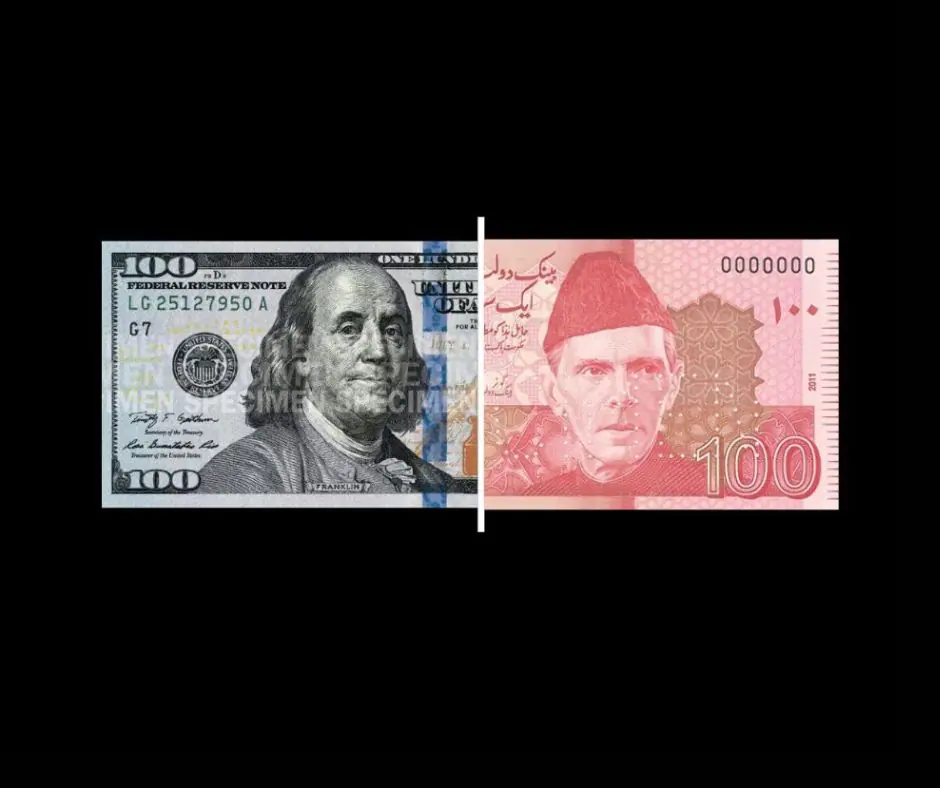Introduction:
In today’s globalized world, currency exchange plays a pivotal role in international trade, travel, and investment. Whether you’re planning a vacation abroad, conducting business with overseas partners, or diversifying your investment portfolio, understanding currency exchange is essential. This article aims to provide a comprehensive guide to currency exchange, covering the basics, factors influencing exchange rates, common methods, and tips to make the most of your foreign exchange transactions.
The Basics of Currency Exchange:
Currency exchange, also known as forex or foreign exchange, refers to the process of converting one currency into another at an agreed-upon rate. This enables individuals, businesses, and governments to conduct cross-border transactions, where each party operates with their respective local currencies. The value of one currency in relation to another is known as the exchange rate, and it fluctuates constantly due to various factors.
Factors Influencing Exchange Rates:
Exchange rates are influenced by a multitude of factors, and understanding these forces can help predict currency movements and mitigate risks. Some of the key determinants of exchange rates include:
- Interest Rates: Higher interest rates tend to attract foreign capital, increasing demand for the domestic currency and consequently driving up its value.
- Economic Performance: Strong economic growth and low inflation rates generally boost a currency’s value, as it attracts foreign investment.
- Political Stability: Countries with stable political environments are perceived as safer investments, leading to increased demand for their currencies.
- Trade Balance: A positive trade balance (exports exceeding imports) can strengthen a currency, as it indicates a strong demand for local goods and services.
- Market Speculation: Speculators and traders play a significant role in short-term exchange rate fluctuations, reacting to news and market sentiment.
Common Methods of Currency Exchange:
Several methods are available for currency exchange, each with its pros and cons. Understanding these methods can help you choose the most suitable option based on your needs:
- Banks and Financial Institutions: Banks offer currency exchange services for their customers, providing convenience and security. However, they may charge higher fees and offer less favorable exchange rates compared to specialized currency exchange providers.
- Currency Exchange Kiosks: These are standalone kiosks found in airports, tourist areas, and shopping malls, offering quick and accessible currency exchange services. While they provide convenience, be cautious of high fees and less competitive rates.
- Online Currency Exchange Platforms: With the rise of fintech, online platforms have emerged, allowing individuals and businesses to exchange currencies conveniently. Some platforms offer better rates and lower fees due to their streamlined operations.
- ATMs: When traveling abroad, using ATMs to withdraw local currency can be convenient. However, keep in mind that foreign banks may impose additional fees, and exchange rates can be less favorable.
- Forward Contracts: Businesses engaging in international trade can use forward contracts to lock in an exchange rate for future transactions, reducing the risk of currency fluctuations.
Tips for Efficient Currency Exchange:
To make the most of your currency exchange transactions, consider the following tips:
- Research and Monitor Exchange Rates: Stay informed about exchange rate trends and monitor the factors influencing the currencies you plan to exchange. Timing your transactions can lead to better rates.
- Avoid Airport Currency Exchange Kiosks: While convenient, airport kiosks often offer poor rates due to higher operating costs. It’s best to exchange a small amount for immediate expenses and find better rates elsewhere.
- Compare Service Providers: Before exchanging currency, compare rates and fees from different banks, online platforms, and currency exchange providers to get the best deal.
- Use Limit Orders: If you don’t need immediate currency exchange, consider using limit orders to specify the exchange rate you desire. This can help you achieve a better rate if the market moves in your favor.
- Be Wary of Hidden Fees: Some service providers may advertise low fees but hide additional charges in the exchange rate. Always read the fine print and calculate the effective cost of the transaction.
Conclusion:
Currency exchange is a fundamental aspect of our interconnected world, facilitating international trade, travel, and investment. By understanding the basics of currency exchange, the factors influencing exchange rates, and choosing the right methods and tips, you can optimize your foreign exchange transactions and navigate the global financial landscape with confidence. Stay informed, be vigilant, and make informed decisions to make the most of your currency exchange experiences.





